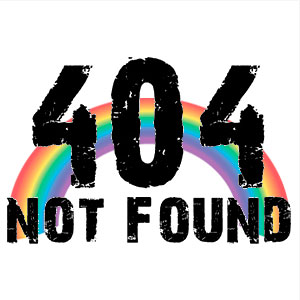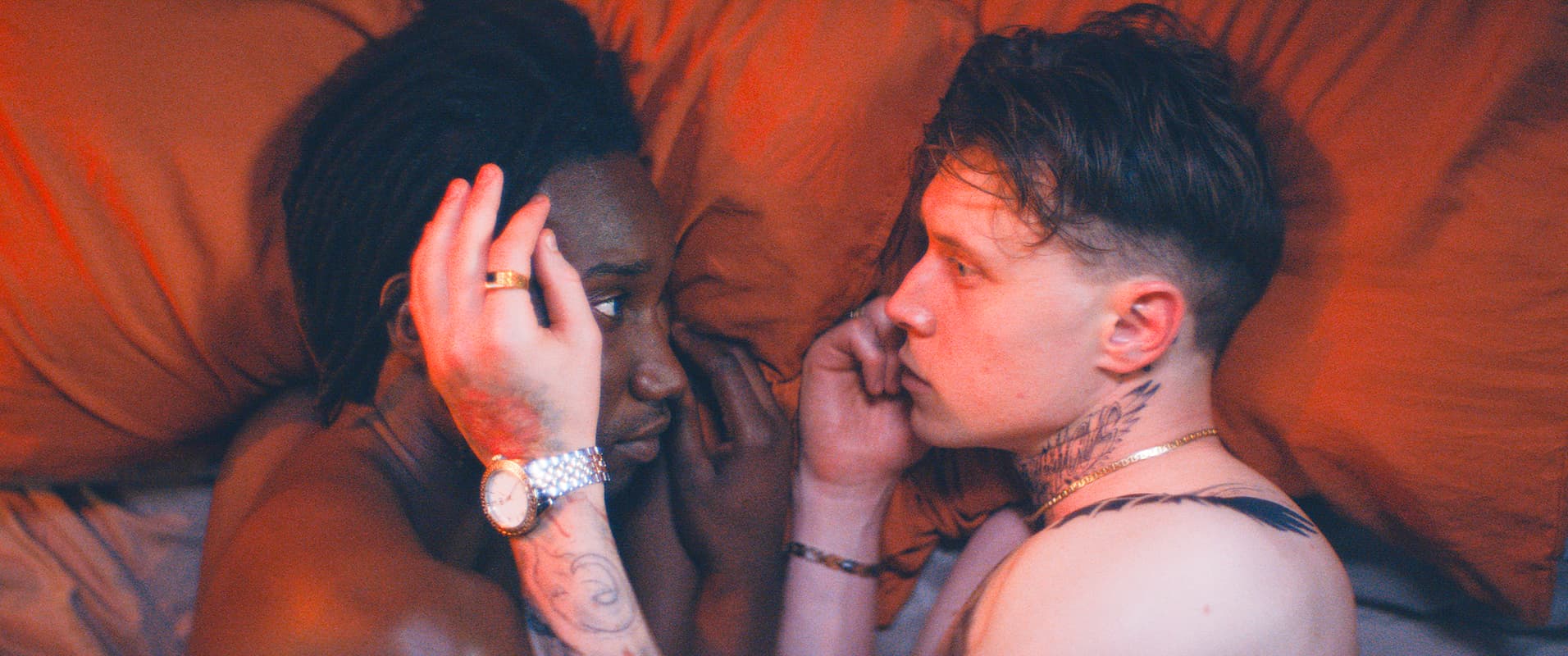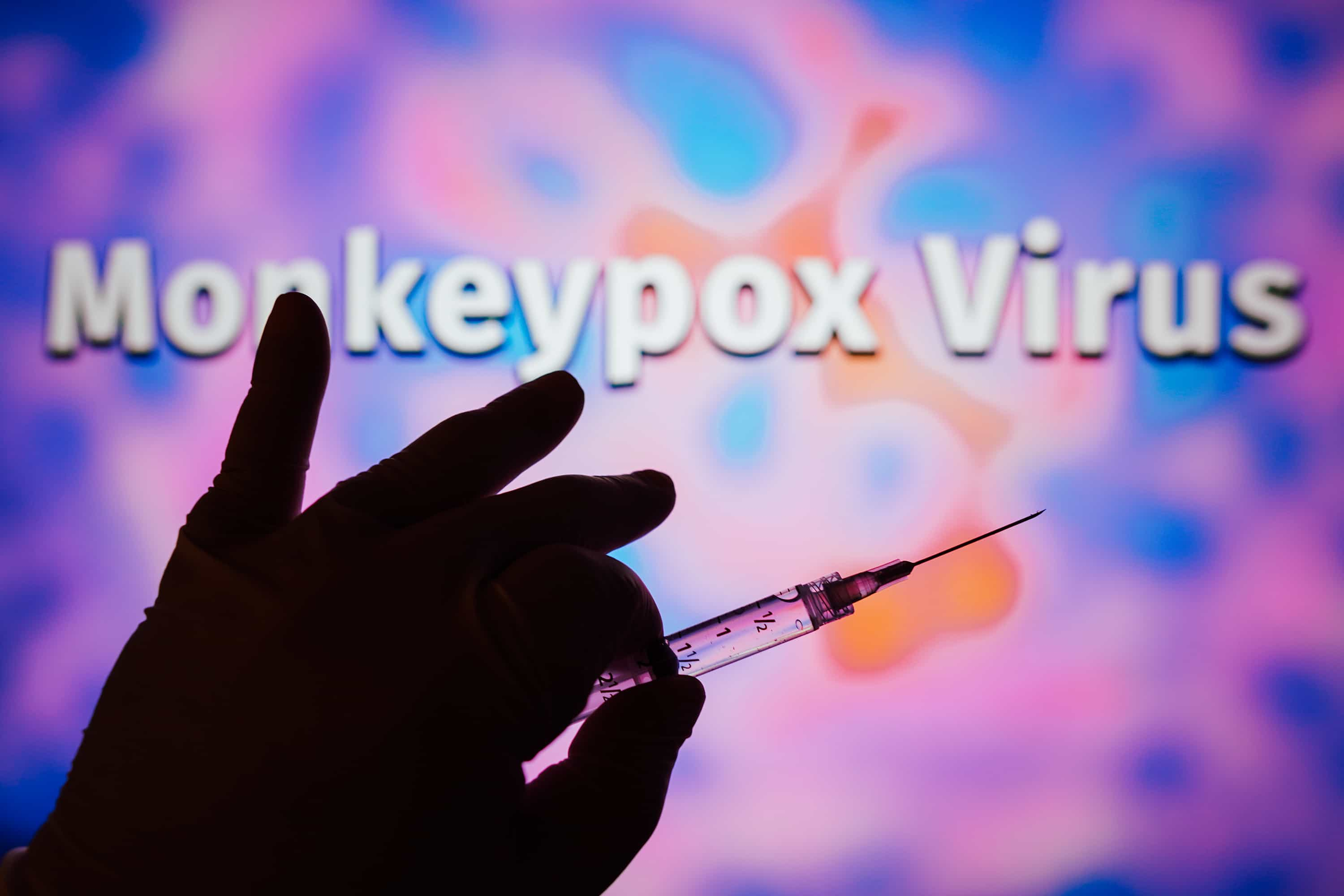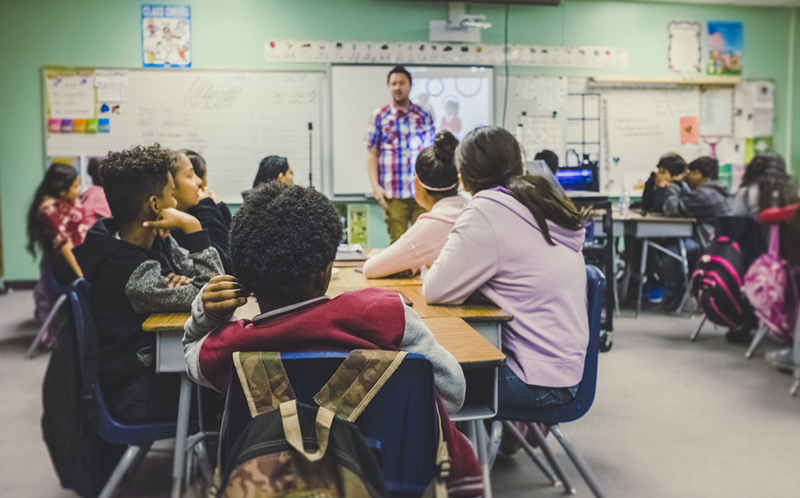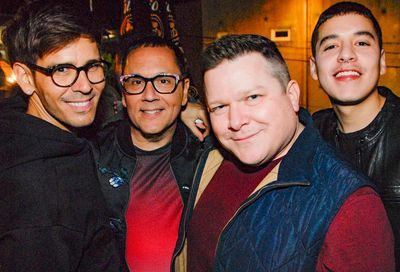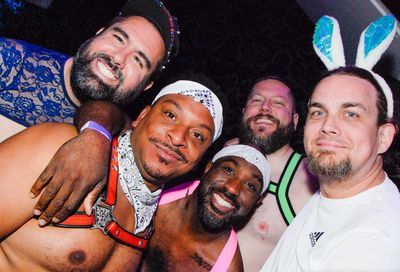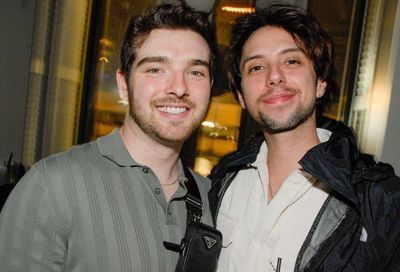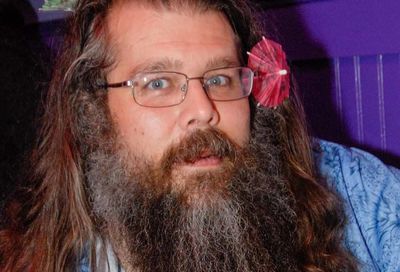No Unified Front on Russia
Experts emphasize complexities of situation for LGBT Russians at Center Global forum, as one Russian activist urges boycotts
Center Global, a program of The DC Center, the city’s LGBT community center, welcomed about 30 people into the center’s U Street space last night for the ”Center Global Discussion on Russian LGBT Equality Issues.” For roughly an hour and a half, an expert panel on LGBT rights in Russia offered a sophisticated breakdown of the situation that exists in light of that country’s new anti-LGBT law that forbids ”propaganda of nontraditional sexual relations.” While the conversation was long on legal background and sharp insight, it was short on agreement or any clear advisement to LGBT activists in the West hoping for a unified action on behalf of their oppressed Russian counterparts.
”There’s obviously been a lot of engagement with the International Olympic Committee,” noted Mark Bromley, council chair of The Council for Global Equality, citing a petition effort by AllOut.org and Athlete Ally, asking the IOC to take strong action to protect LGBT people at the 2014 Winter Olympics in Sochi, Russia. ”In terms of the Olympic Boycott issues … we’re sort of, at this point, taking our guidance from the Russian LGBT Network, which put out a very strong statement saying, ‘Speak Up, Don’t Walk Out.’ … We take that statement very seriously and are not supporting a boycott.”
Similarly, Bromley’s organization also cautions that a boycott of Stolichnaya vodka – the national origins of which are one of the points of friction among those activists looking for ways to help Russia’s LGBT community – may have unwelcome repercussions for the LGBT community in Latvia, where the vodka is produced for sale outside Russia.
Echoing the question that so many are asking – and answering with multiple petitions, boycott efforts, counter-boycott efforts and urgent letters to various officials – Larry Poltavtsev, a Russian-American with the Spectrum Human Rights Alliance, detailed the buildup to the extremely hostile environment in Russia and asked, ”What can we do about that? Well, I’ve been meeting with the State Department today as well and we’ve been talking largely about that and we need to have certain programs in place, we need to have certain messages to the Russian public. … This is hard. It’s much easier to boycott vodka, which is a great marketing tool, I think. At least that gives us an opportunity to attract the general public’s attention to the problem. So I’m not necessarily saying this is a bad idea, even though there may be certain repercussions. At least we’ve managed to attract public attention to this problem using this as a tool.”
Speaking with Bromley and Poltavtsev on the Thursday evening panel were Innokenty Grekov of Human Rights First, and Matthew Schaaf of Freedom House, who also had much to share regarding issues such as asylum, human-rights organizations within Russia, the years-long buildup to the situation as it exists now, etc.
Despite the vast breadth of knowledge the four collectively represent, the emphasis at Thursday’s forum was on there being no simple solution for challenging the Russian crackdown. As the event neared its end, however, a recent émigré from Russia arrived, delayed by his late train from New York. Though unidentified due to consideration of his immigration status, the young man offered soft-spoken yet intense comment in Russian, translated for the audience by Poltavtsev.
”The first wish that the LGBT community expresses in Russia is that — and this is what they expect as international involvement from other nations — is that every trip that Mr. Putin makes abroad they wish that he would be greeted in the same way as he was greeted in the Netherlands,” the young man said, as translated by Poltavtsev, who noted April protests against Putin in Amsterdam. ”Being full of himself and considering himself a big ‘macho man,’ Mr. Putin is very sensitive when other people make jokes and laugh at him. Overall the LGBT community in Russia is very pessimistic about what the international community at large is capable of or willing to do for them. So any kind of involvement and outreach would be, obviously, much appreciated. And the LGBT community in Russia is very much disappointed by the latest adoption of anti-LGBT laws and huge fines assessed on LGBT nonprofit and NGO (non-governmental organization) organizations. Nevertheless the LGBT community in Russia saw the outreach and support, the outpouring from the West, and they would like express their gratitude and say ‘thank you.’ In my opinion it’s very important to boycott Russian products, Russian vodka, stock market, and Olympics. It would probably encourage the banishment of those laws and repeal those laws inside Russia. Putin values two things: obviously money and how he gets that money, and second is how the worldwide community perceives him. Again, he is a ‘macho man’ and he wants to be perceived as a great leader. There is a good chance that the world leaders during the G20 meeting in St. Petersburg would point out to Vlad that he looks laughable, that there is a good chance he would reconsider his stance against the LGBT community and possibly that may lead to the repeal of those laws. Another project that we can support is directed at children left behind, ‘Children 404.’ Why 404? Because if you browse the Web and you come to the Web page that is nonexistent, you get the browser error 404, ‘page not found.’ That is the analogy that Russian activists drew and this is why the project is called that way.”
Poltavtsev clarified that point, saying, ”In a way it’s equivalent to what we have, ‘ItGetsBetter.org,’ supported by Dan Savage and other celebrities. If we support the same project in Russia, it would be much appreciated. By the way, Polish government supported that. Lawmakers there actually photographed themselves holding that sign. I think our lawmakers should follow suit.”
Returning to translating, Poltavtsev continued, ”It would be helpful if the likes of The Washington Post and New York Times would print at least twice a month or so the information about the conditions for LGTB teenagers in Russia. That would certainly make a huge impact.”
Spectrum Human Rights Alliance will be joining an Amnesty International USA protest, the ”Free Pussy Riot Solidarity Concert,” outside the Russian Embassy, 2650 Wisconsin Ave. NW, Friday, Aug. 16, from 6 to 9 p.m. There is an event page for the protest on Facebook.
Support Metro Weekly’s Journalism
These are challenging times for news organizations. And yet it’s crucial we stay active and provide vital resources and information to both our local readers and the world. So won’t you please take a moment and consider supporting Metro Weekly with a membership? For as little as $5 a month, you can help ensure Metro Weekly magazine and MetroWeekly.com remain free, viable resources as we provide the best, most diverse, culturally-resonant LGBTQ coverage in both the D.C. region and around the world. Memberships come with exclusive perks and discounts, your own personal digital delivery of each week’s magazine (and an archive), access to our Member's Lounge when it launches this fall, and exclusive members-only items like Metro Weekly Membership Mugs and Tote Bags! Check out all our membership levels here and please join us today!


